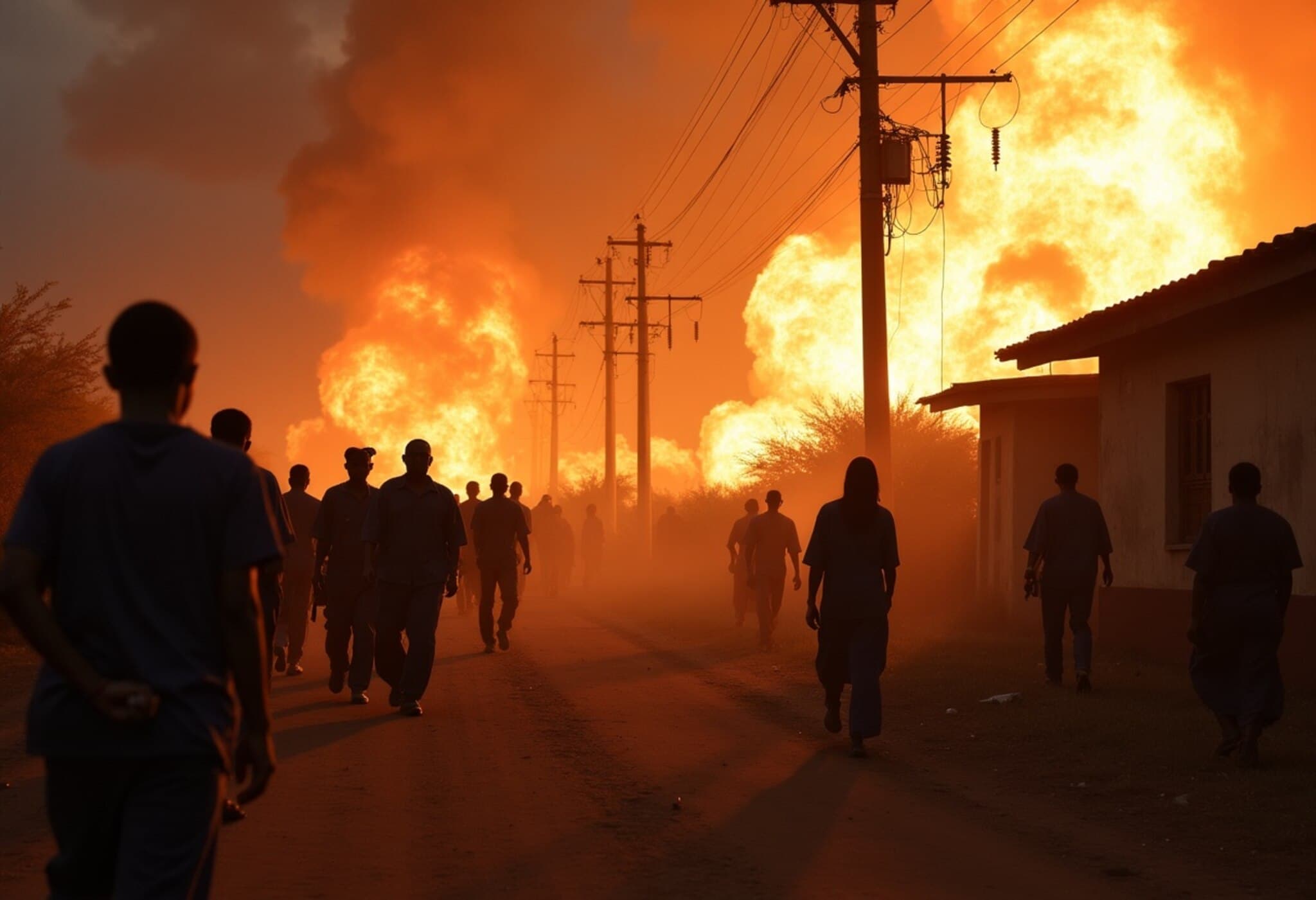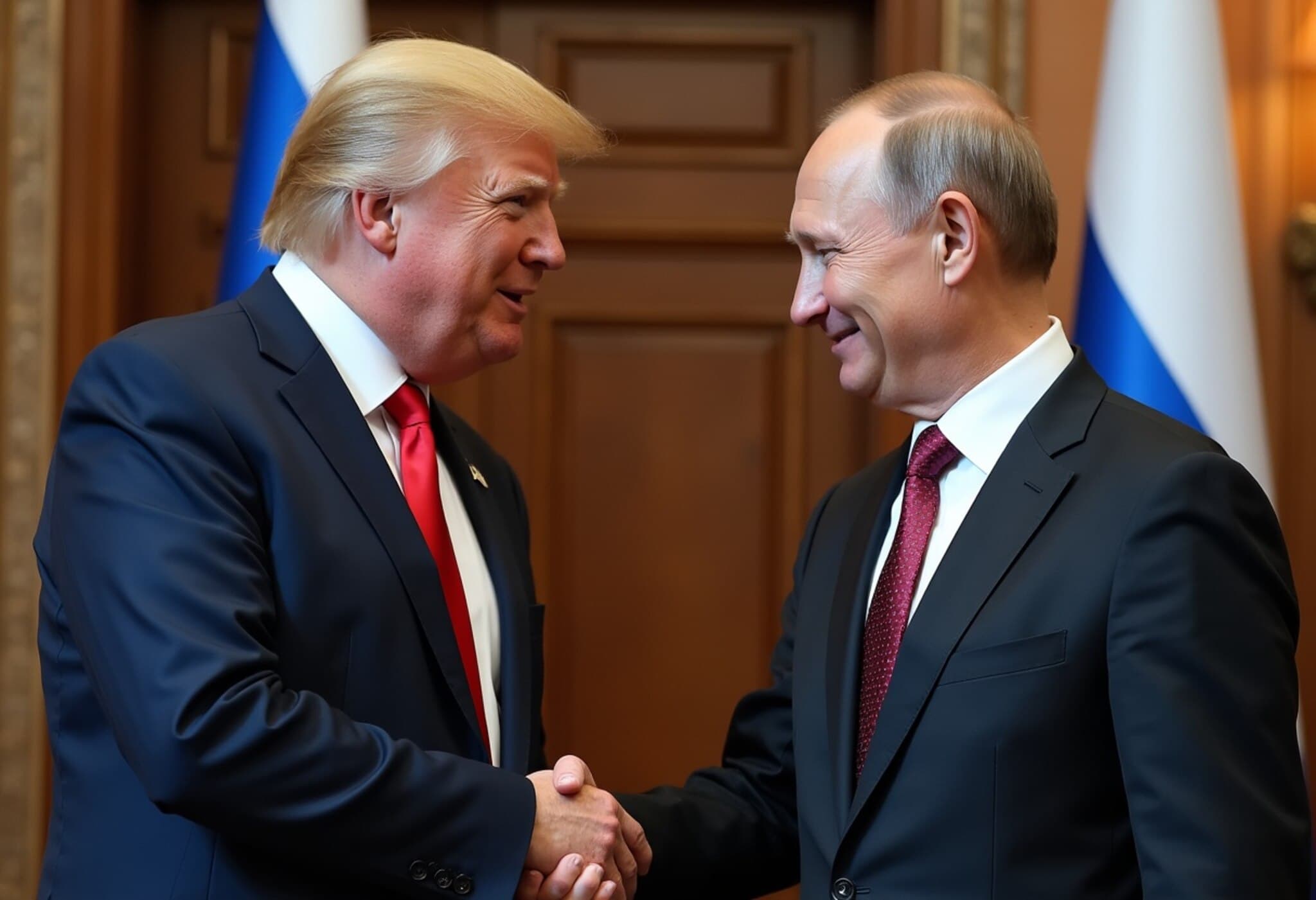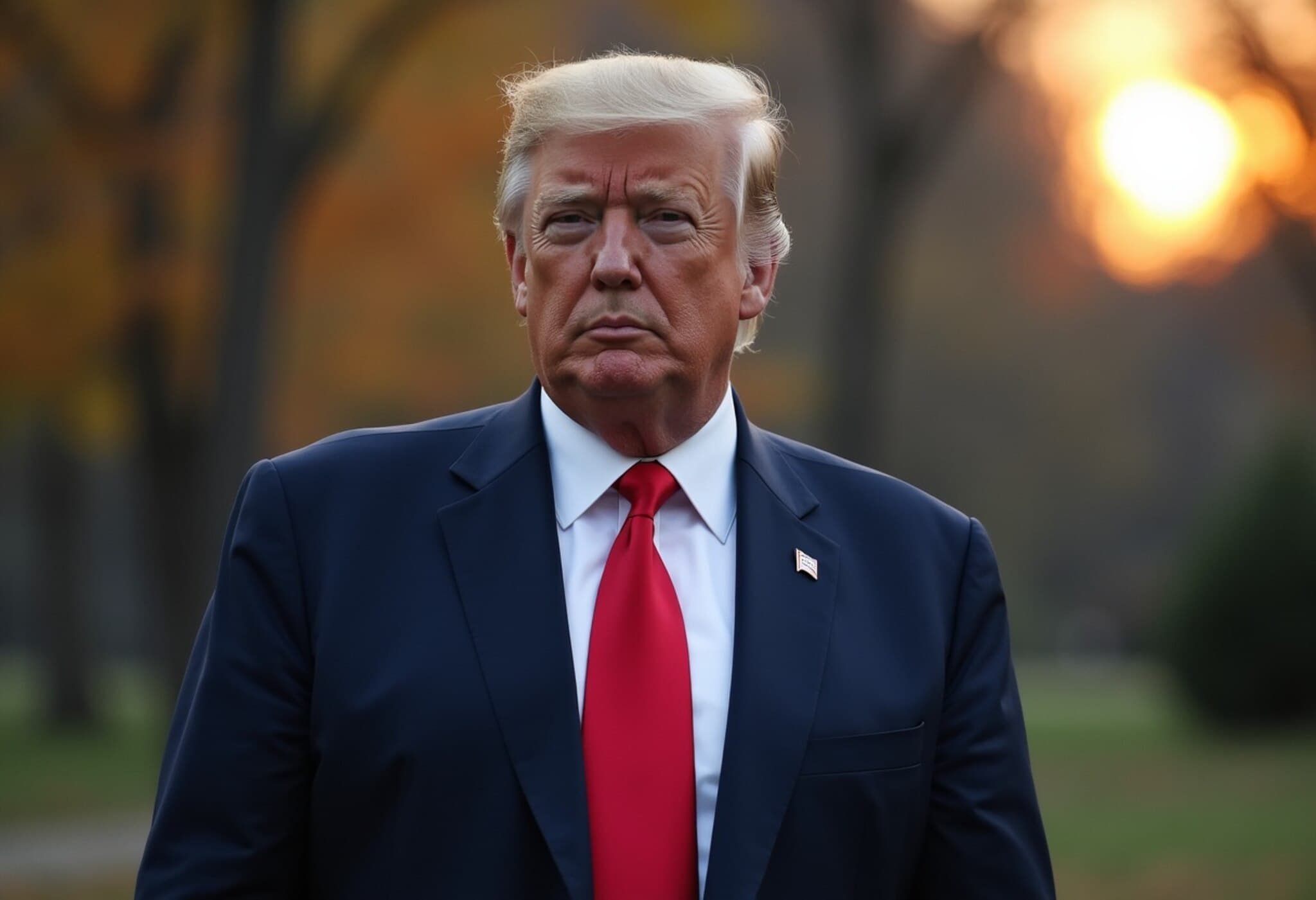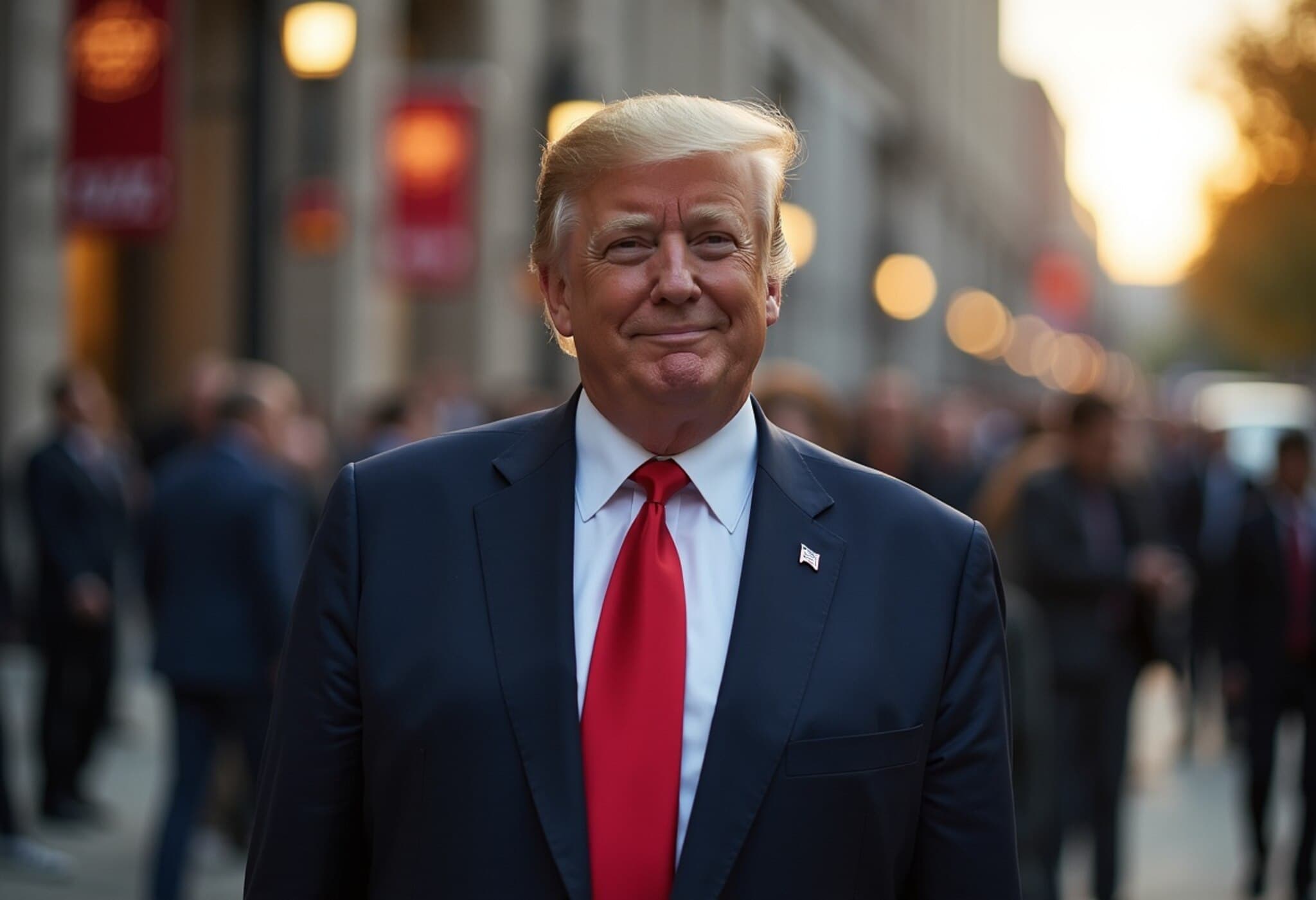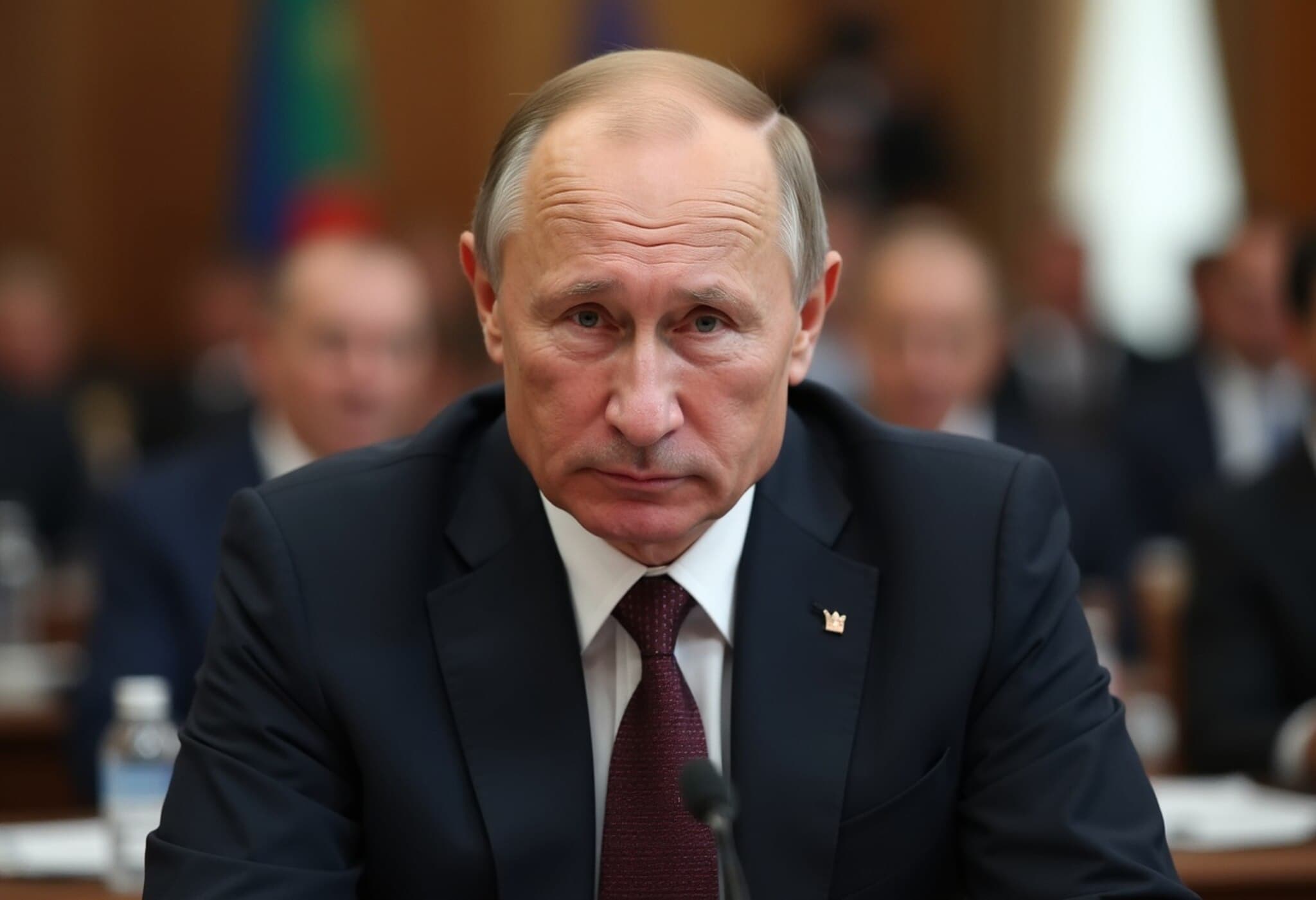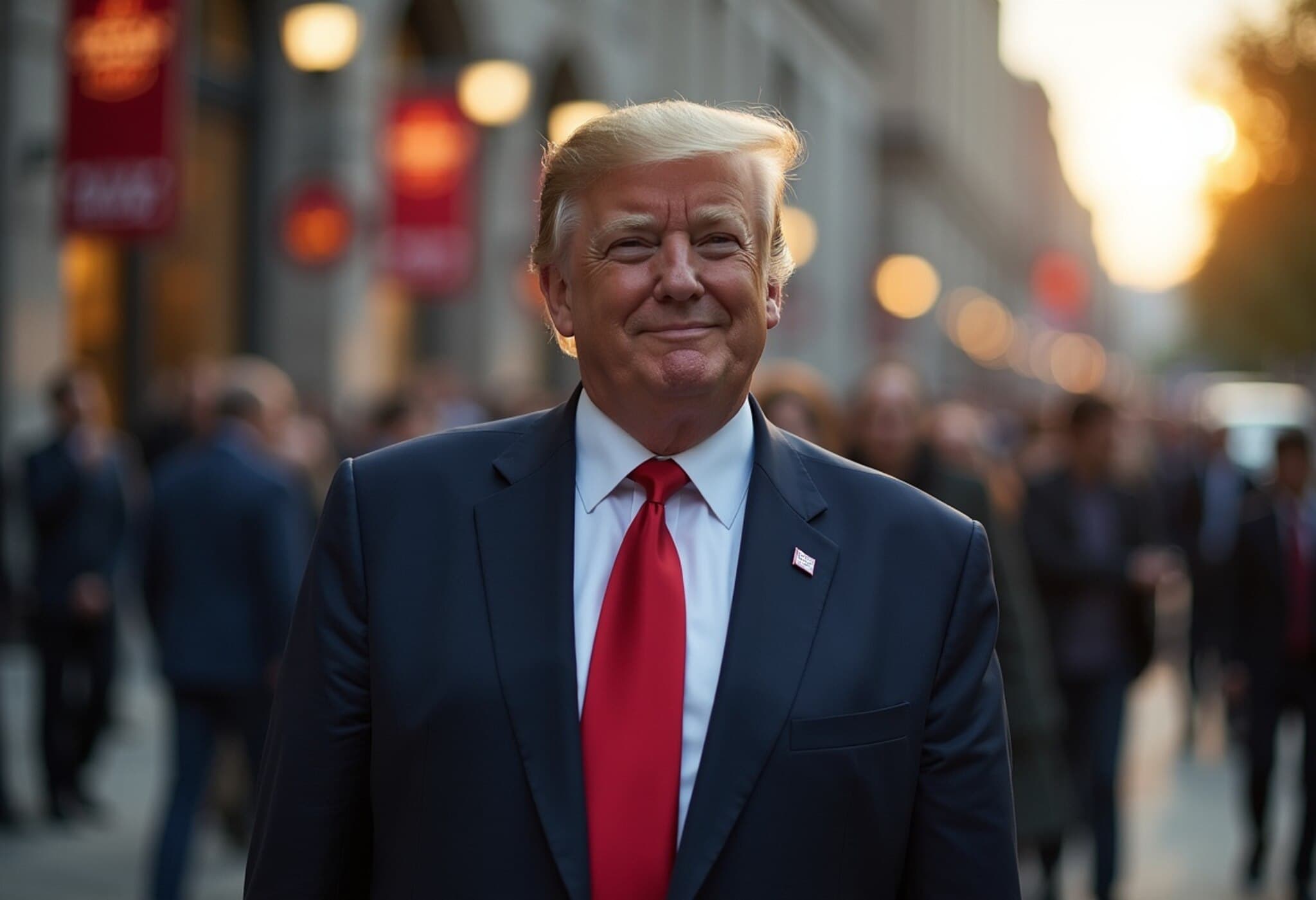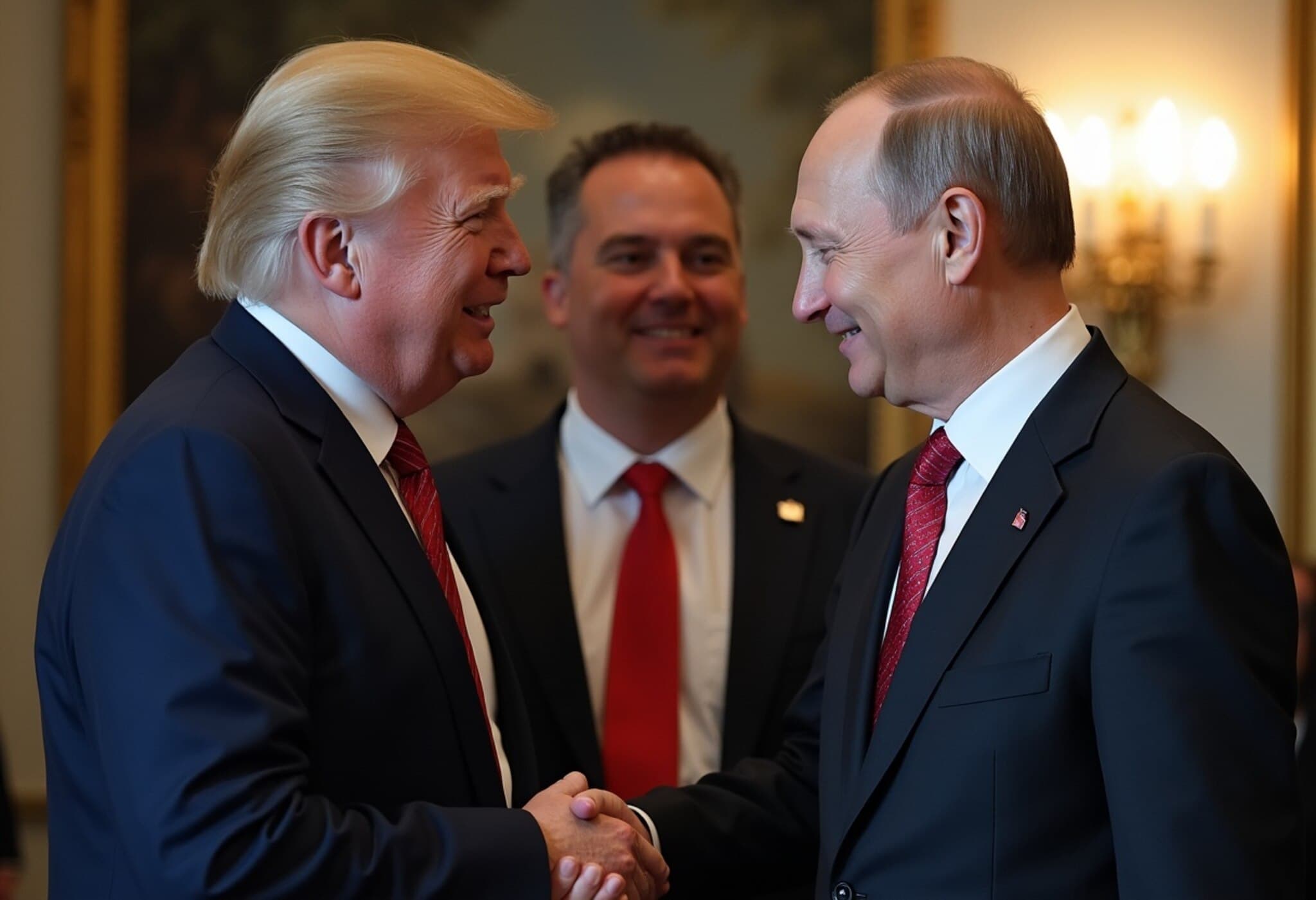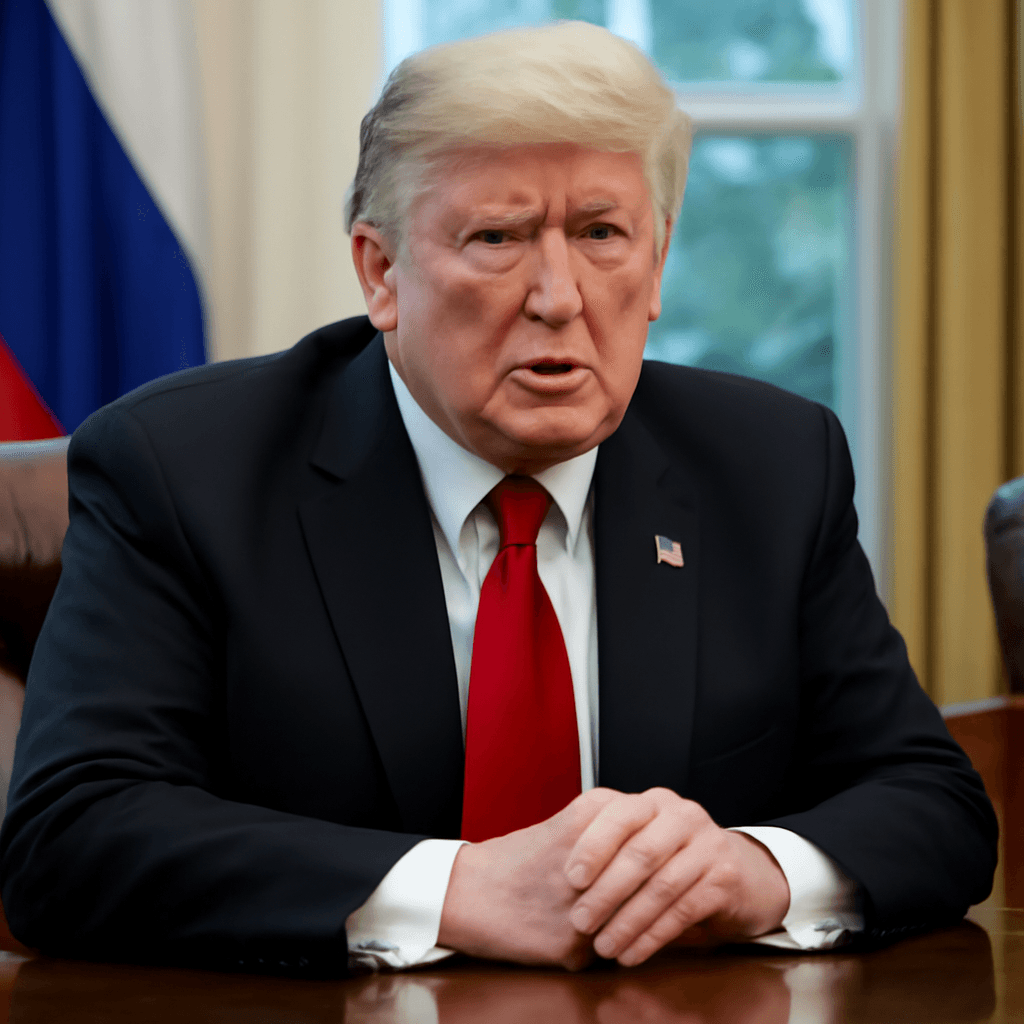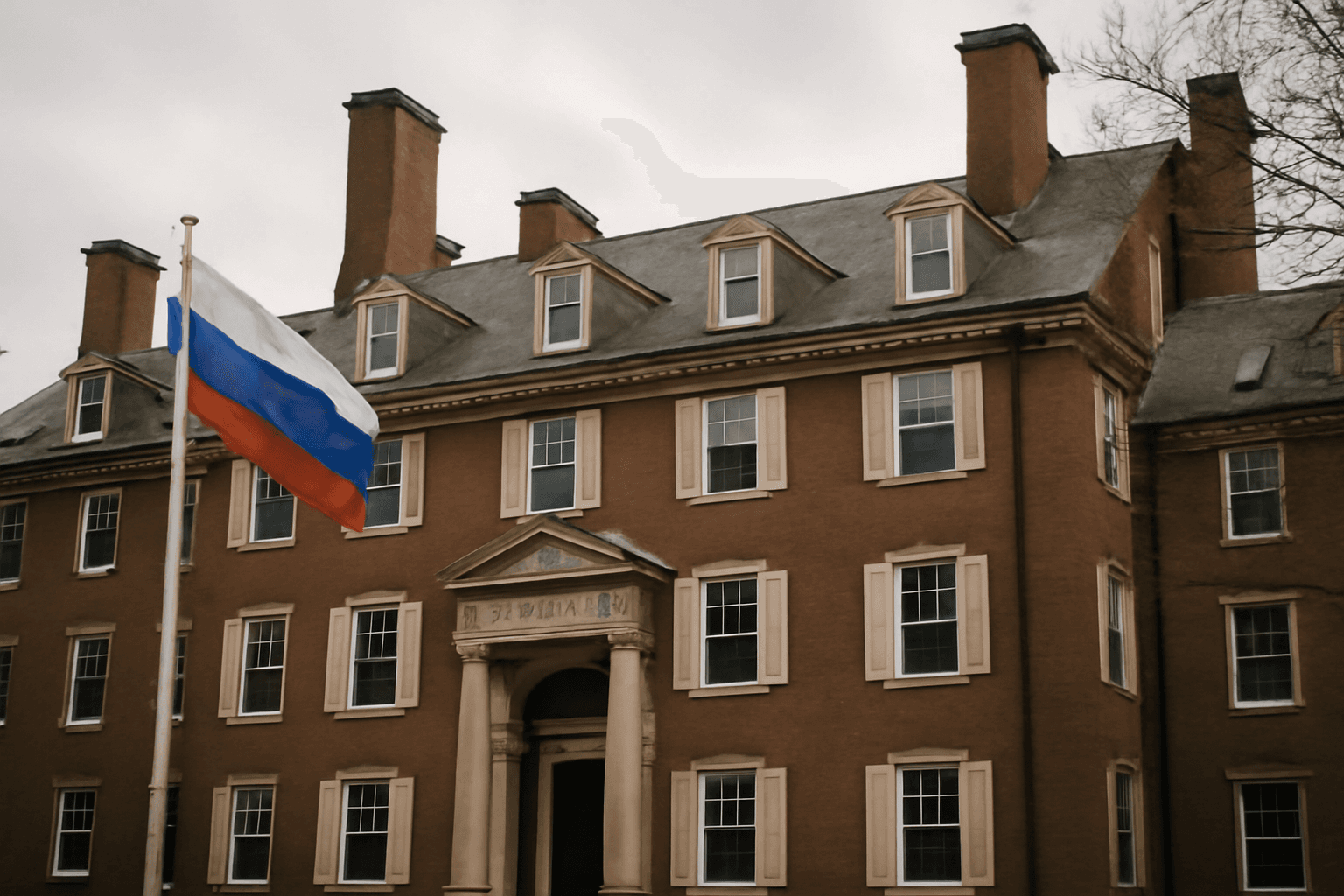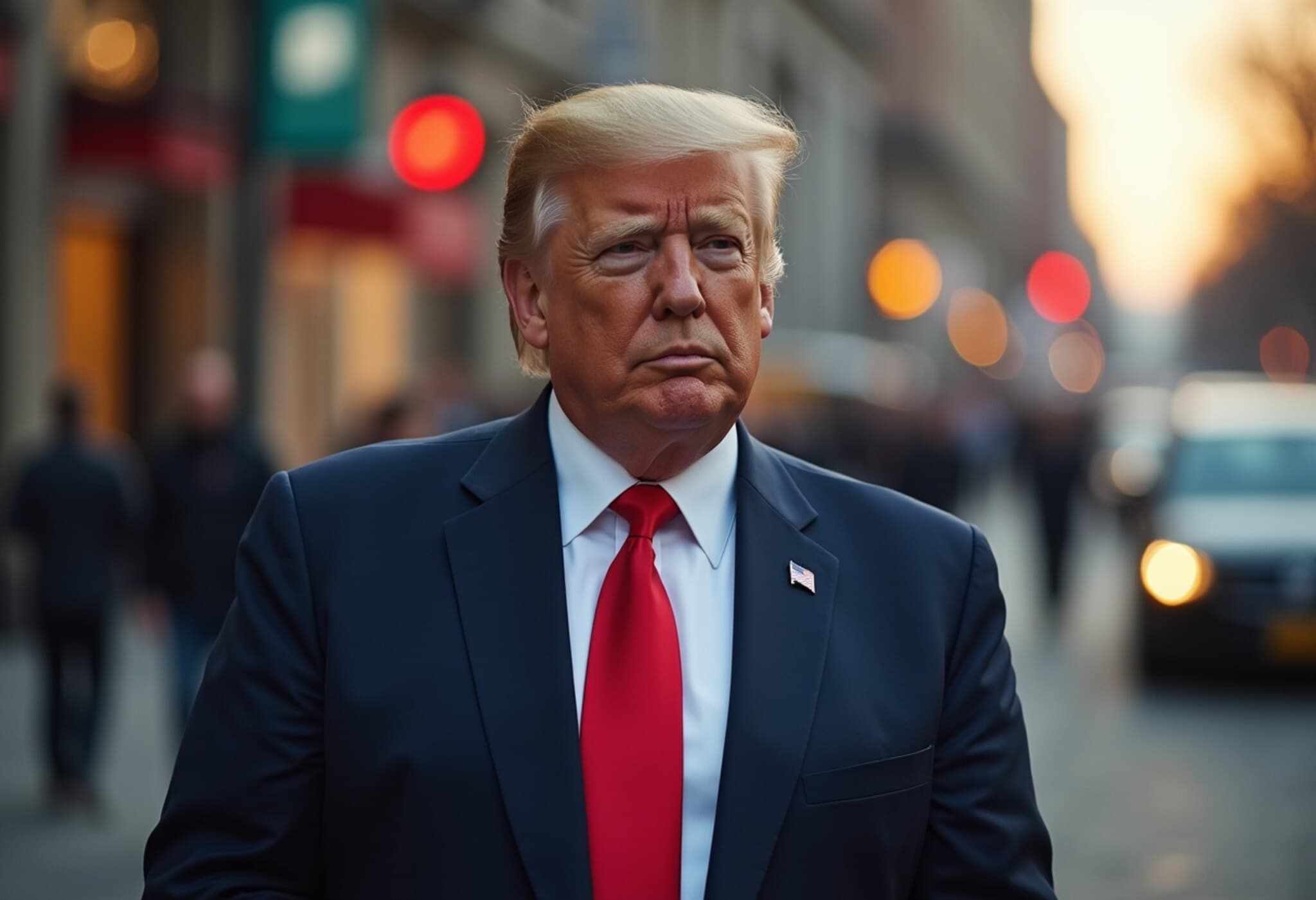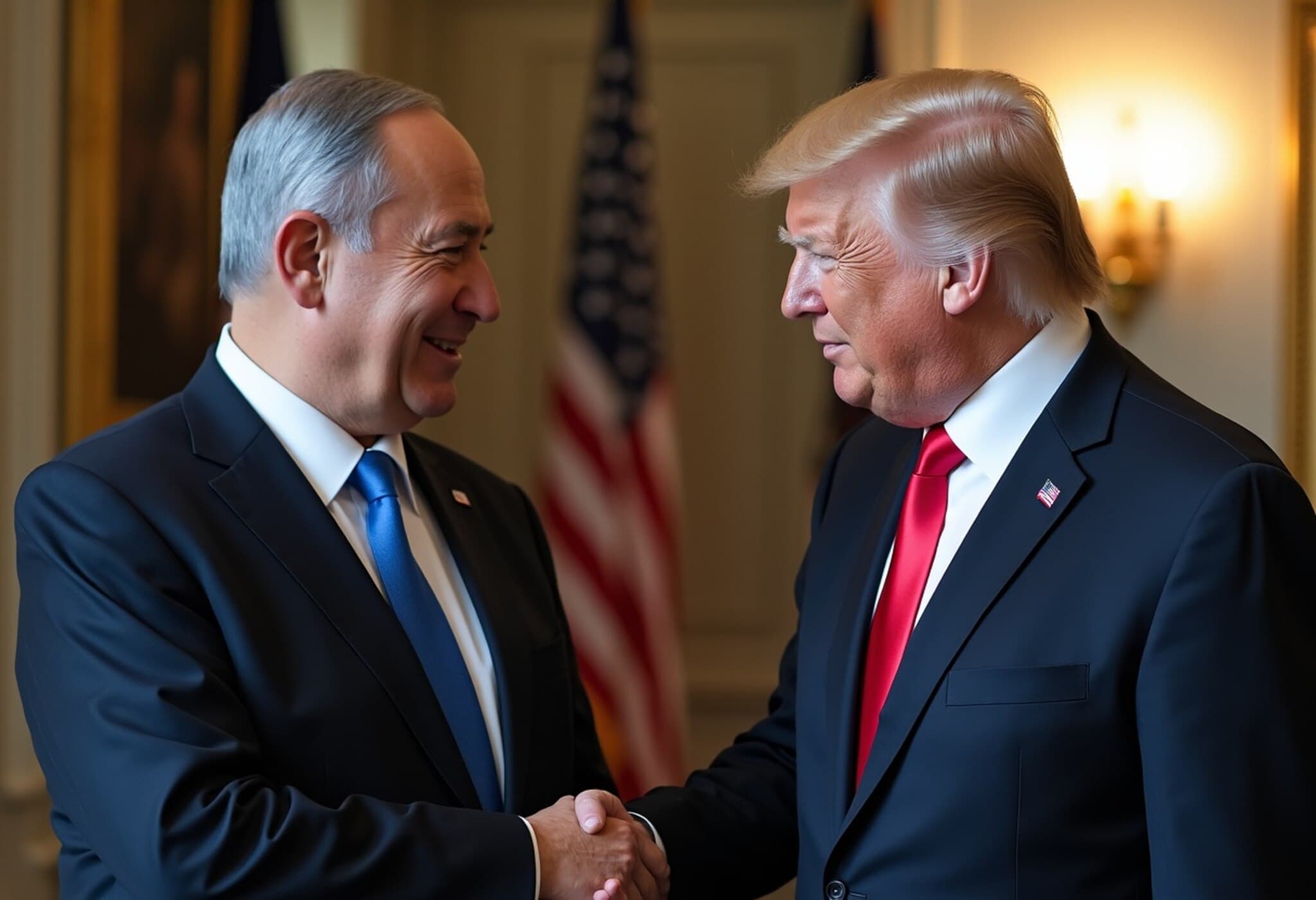Russia Officially Blacklists Yale University Over Alleged Anti-Russian Actions
In a bold move signalling increasing tensions between Russia and Western academic institutions, Moscow has officially blacklisted Yale University, accusing the prestigious Ivy League school of engaging in activities deemed hostile to the Russian state. The Russian government asserts that Yale's Jackson School of Global Affairs, particularly its International Leadership Centre, facilitates the training of foreign opposition leaders, actions that allegedly undermine Russia’s sovereignty and stability.
Blacklisting and Its Implications
The designation places Yale University on Russia’s list of "undesirable organizations," effectively barring it from operating within Russian territory. Individuals associated with Yale who attempt to engage in activities on behalf of the university are reportedly subject to penalties including up to six years imprisonment. This severe punitive measure reflects the Kremlin's broader strategy to curtail perceived foreign interference within its borders.
Moscow’s Accusations: A Closer Look
The Russian Prosecutor General's Office released a statement asserting that Yale's programming actively violates Russia's territorial integrity, promotes international blockades, and destabilizes the country's socio-economic and political frameworks. Of particular note is the claim that graduates — especially Russian nationals — from Yale’s International Leadership Centre have joined organizations such as the Anti-Corruption Foundation (FBK), founded by opposition figure Alexei Navalny, who died under controversial circumstances in Russian custody last year.
Moscow alleges these alumni applied skills acquired at Yale to organize protests and foment dissent, a narrative consistent with the Kremlin’s portrayal of Navalny’s movement as a foreign-backed threat to national security. Interestingly, Yale's Jackson School had formally recognized Navalny's organization back in 2010 and even provided scholarships to FBK fellows, highlighting a longstanding, if complex, relationship.
Background: Academic Sanctions Amid Geopolitical Strife
Since Russia’s full-scale invasion of Ukraine in February 2022, relations between Russian authorities and Western academics have deteriorated sharply. Several American professors from Yale, including economists Larry Samuelson and Jeffrey Sonnenfeld, have been explicitly banned from entering Russia. Notably, Sonnenfeld has publicly advocated for freezing Russian assets abroad and redirecting them to aid Ukraine—positions that have garnered attention and condemnation from Russian officials.
In a recent interview, Sonnenfeld described Russia’s ban as a "proud patriotic moment" for his country, underscoring the intersection of national interests and academic freedom in an era of heightened geopolitical confrontation.
Expert Perspective: What This Means for Global Academia and Diplomacy
This blacklisting sets a concerning precedent for the autonomy of international academic institutions operating in politically sensitive environments. Experts warn that beyond disrupting programs and dissuading scholarly exchange, such actions may weaponize education against diplomacy, entrenching divisions rather than fostering cross-cultural dialogue.
From a legal standpoint, Russia's designation of Yale as an "undesirable organization" raises critical questions about the balance between national security and academic freedom. In the United States, this move is likely to strain bilateral intellectual cooperation further, risking broader isolation and undermining initiatives in global affairs education.
Underreported Dimensions
- The human impact: Russian students and researchers affiliated with Yale face uncertain futures amid escalating tension.
- Long-term academic diplomacy: How might this affect international leadership training programs targeting governance and democratic development?
- Broader geopolitical context: The blacklist is emblematic of a wider Russian strategy curbing Western influence after 2022’s invasion of Ukraine.
Looking Ahead
As Moscow tightens its grip on perceived foreign interference, global academic institutions are caught in a challenging crossfire. Yale's blacklisting underscores the fragile nature of academic diplomacy in today's fractured world.
Editor's Note
This development invites reflection on the evolving landscape of international education amid geopolitics. Beyond Yale, what safeguards can protect academic institutions from becoming collateral damage in global conflicts? How might scholars balance the pursuit of knowledge with the realities of political backlash? The answers will shape not only educational exchange but also the future of international relations.


